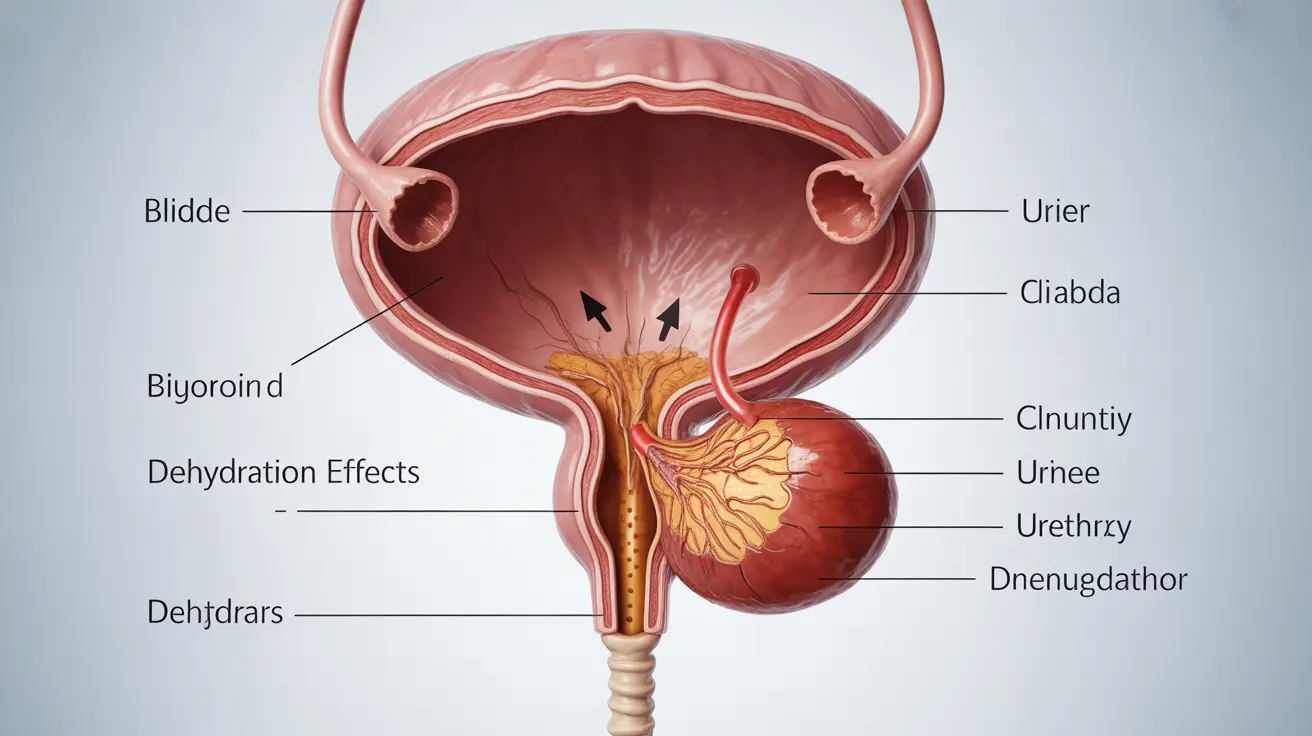The breaking of your water, medically known as rupture of membranes, is a significant milestone in pregnancy that typically signals the beginning of labor. Understanding this natural process, including what causes it and what to expect, can help expectant mothers feel more prepared for this important moment in their pregnancy journey.
While water breaking often occurs naturally as part of the labor process, various factors can influence when and how it happens. This comprehensive guide will explore the causes, signs, and important considerations when your water breaks.
The Natural Process of Water Breaking
Water breaking occurs when the amniotic sac, which houses your baby throughout pregnancy, ruptures and releases the protective fluid. This process typically happens when your body is preparing for labor, though the exact timing can vary significantly among women.
The amniotic sac usually breaks due to several natural biological processes working together:
- Physical pressure from the baby's head
- Hormonal changes that soften the membranes
- Prostaglandins that help prepare the cervix
- Natural weakening of the amniotic sac as you near your due date
Common Triggers and Risk Factors
Several factors can influence when your water breaks, including:
Physical Factors
- Baby's position and movement
- Cervical changes
- Uterine contractions
- Physical activity or stress
Medical and Health Factors
- Previous pregnancy history
- Infections or inflammation
- Cervical insufficiency
- Multiple pregnancies
Signs and Symptoms of Water Breaking
Recognizing when your water has broken is crucial for seeking appropriate medical care. Here are the most common indicators:
Typical Signs
- A sudden gush of warm fluid
- Continuous leaking or trickling
- Clear or slightly pink-tinged fluid
- A distinct odor different from urine
When to Seek Medical Attention
If you suspect your water has broken, it's important to take the following steps:
- Contact your healthcare provider immediately
- Note the time when the leaking began
- Monitor the color and amount of fluid
- Avoid inserting anything into the vagina
- Use a clean pad to collect any fluid
Managing Early Water Breaking
If your water breaks before labor begins (known as premature rupture of membranes), your healthcare provider will develop a management plan based on several factors:
- Your gestational age
- The presence of infection
- Your baby's position and health
- Your overall pregnancy health
Prevention and Risk Reduction
While you can't always prevent your water from breaking early, you can take steps to reduce risks:
- Maintain good hygiene
- Attend all prenatal appointments
- Address infections promptly
- Follow medical advice regarding activity restrictions
Frequently Asked Questions
What causes water to break before labor starts during pregnancy?
Water breaking before labor can be caused by various factors, including hormonal changes, physical pressure from the baby, natural weakening of the amniotic sac, and sometimes infections or underlying medical conditions.
What are the main risk factors for early water breaking or premature rupture of membranes?
Main risk factors include infections, previous preterm births, smoking, multiple pregnancies, cervical insufficiency, and certain medical conditions affecting connective tissue or causing inflammation.
How can you tell if your water has broken and what does it feel like?
Water breaking typically feels like a sudden gush or continuous trickle of warm fluid. The fluid is usually clear or slightly pink-tinged and has a distinct smell different from urine. The flow typically continues until delivery.
What are the possible complications if your water breaks too early?
Early water breaking can lead to complications such as infection, cord prolapse, preterm labor, and potential risks to the baby's development. Immediate medical attention is crucial to manage these risks.
What should you do if your water breaks before you go into labor?
If your water breaks before labor, contact your healthcare provider immediately, note the time and fluid characteristics, avoid inserting anything into the vagina, and use a clean pad to collect fluid. Follow your provider's instructions about coming to the hospital.




